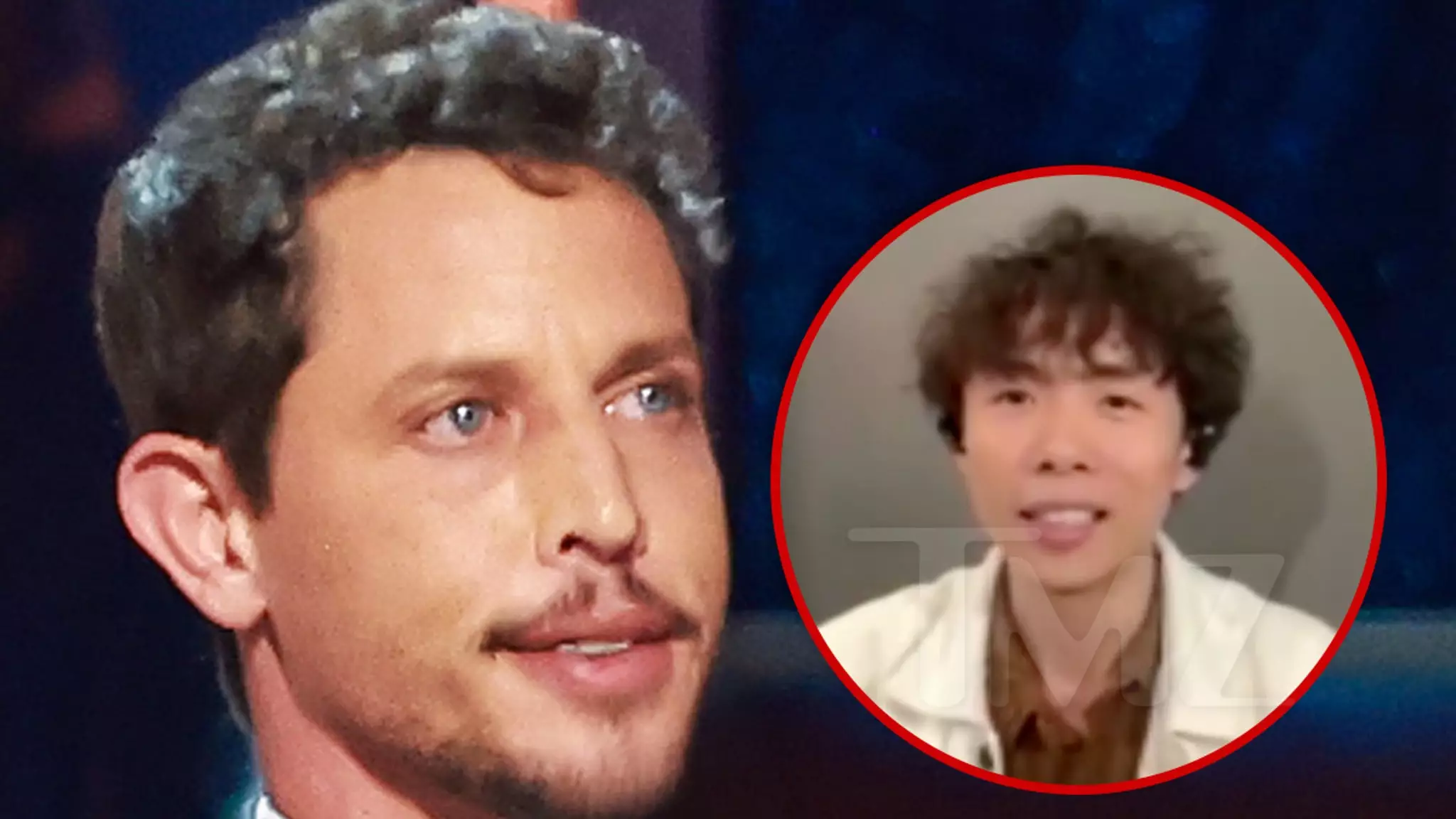In recent discussions surrounding the nature of comedy and the responsibility that accompanies it, comedian Peng Dang has emerged as a notable voice. At the heart of the discourse is Tony Hinchcliffe’s recent offensive “garbage” joke about Puerto Rico, which has understandably stirred a wave of public backlash. Given the sensitive backdrop of race and representation in comedy, the incident highlights a crucial debate about the boundaries of humor and the potential repercussions of crossing them. Hinchcliffe’s history of controversial remarks adds another layer of complexity to the situation, especially when viewed through the lens of Peng’s own painful experiences with the comedian.
Peng Dang’s insights unveil a troubling pattern with Hinchcliffe’s comedic style, one that often leans towards the offensive. In a reflective moment, Peng noted how this behavior mirrors his experience three years prior when he was the target of a racially charged rant by Hinchcliffe. Such offensive humor isn’t merely a one-off incident; it reflects an intentional execution of a schtick that is deeply ingrained in Hinchcliffe’s comedic persona. For many, including Peng, laughter should not come at the cost of marginalized communities’ dignity, yet Hinchcliffe appears to dismiss audience outrage, framing it as a form of “cancel culture.”
The implications of Hinchcliffe’s remarks are significant, extending beyond individual discomfort. They resonate within broader social dynamics, especially concerning comedians and the audiences they serve. Hinchcliffe’s ability to deflect criticism while maintaining his comedic identity raises pertinent questions about accountability in entertainment. The backlash he faced highlights the delicate balance comedians must strike: the line between edgy and offensive can be perilously thin. When audiences, including supporters from unlikely places like Donald Trump’s rallies, react negatively, it prompts deeper considerations about what kind of humor is acceptable.
The incident has not gone unnoticed in the public arena, with various celebrities and influencers voicing their opinions. Notably, figures such as Bad Bunny and Selena Gomez have publicly denounced Hinchcliffe’s remarks, underscoring a collective stance against the normalizing of racist and insensitive humor. This solidarity showcases a shift in the entertainment landscape, one that increasingly prioritizes inclusivity and awareness over mere shock value. The diverse responses from the public, including figures from different backgrounds, emphasize a critical move towards promoting dialogue around cultural sensitivity and the impact of words.
As the debate continues, Peng Dang’s perspective serves as a poignant reminder of the need for reflection among comedians regarding their content. While humor is a vital aspect of cultural discourse, it should never come at the expense of perpetuating stereotypes or inflicting harm. Tony Hinchcliffe’s case serves as a crucial reminder of the power dynamics inherent in comedy, and the responsibility comedians carry to use their platforms wisely. Society’s evolving expectations demand a shift towards a more thoughtful approach to humor—one that not only entertains but also respects the diverse experiences of all individuals.

